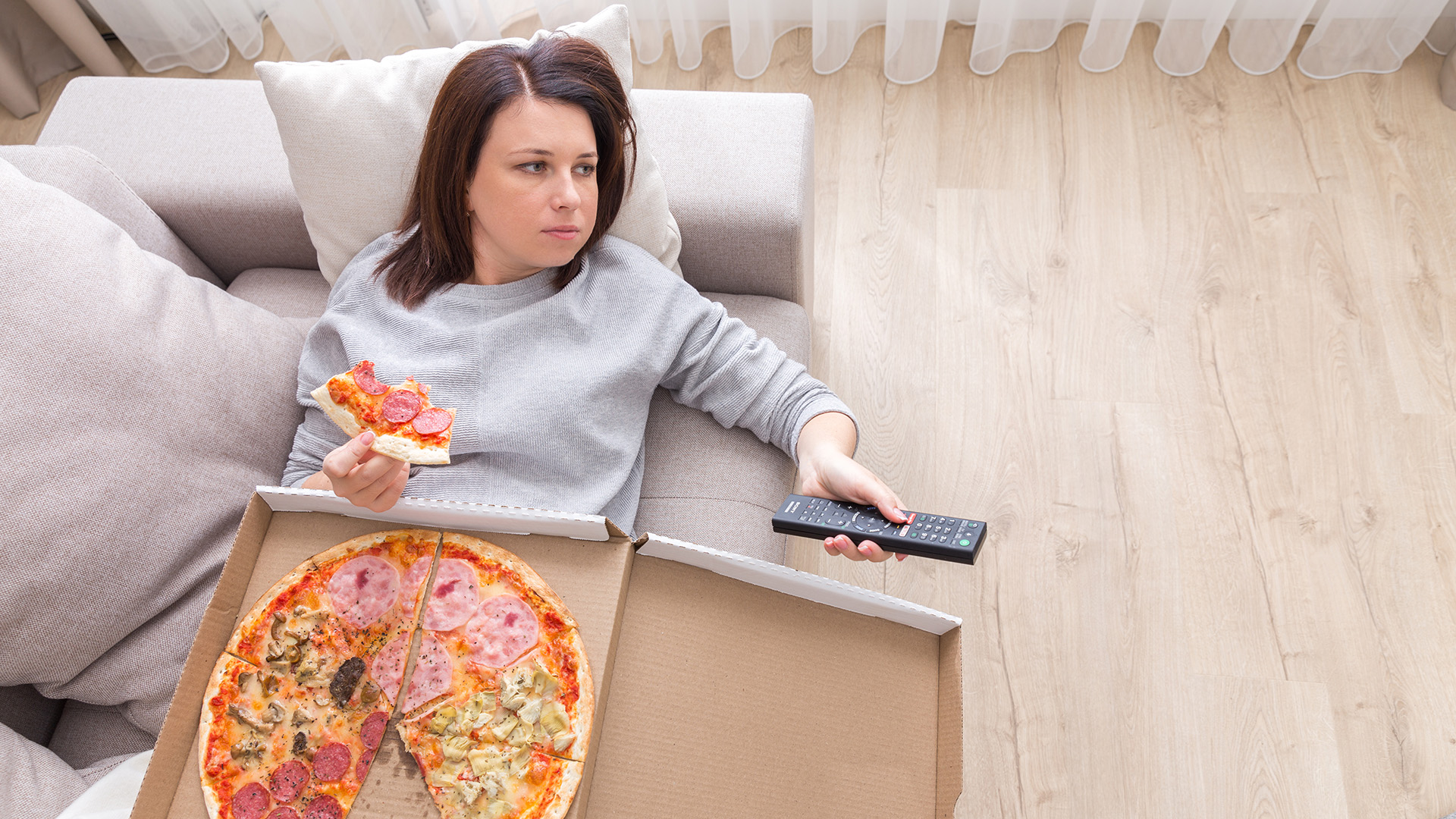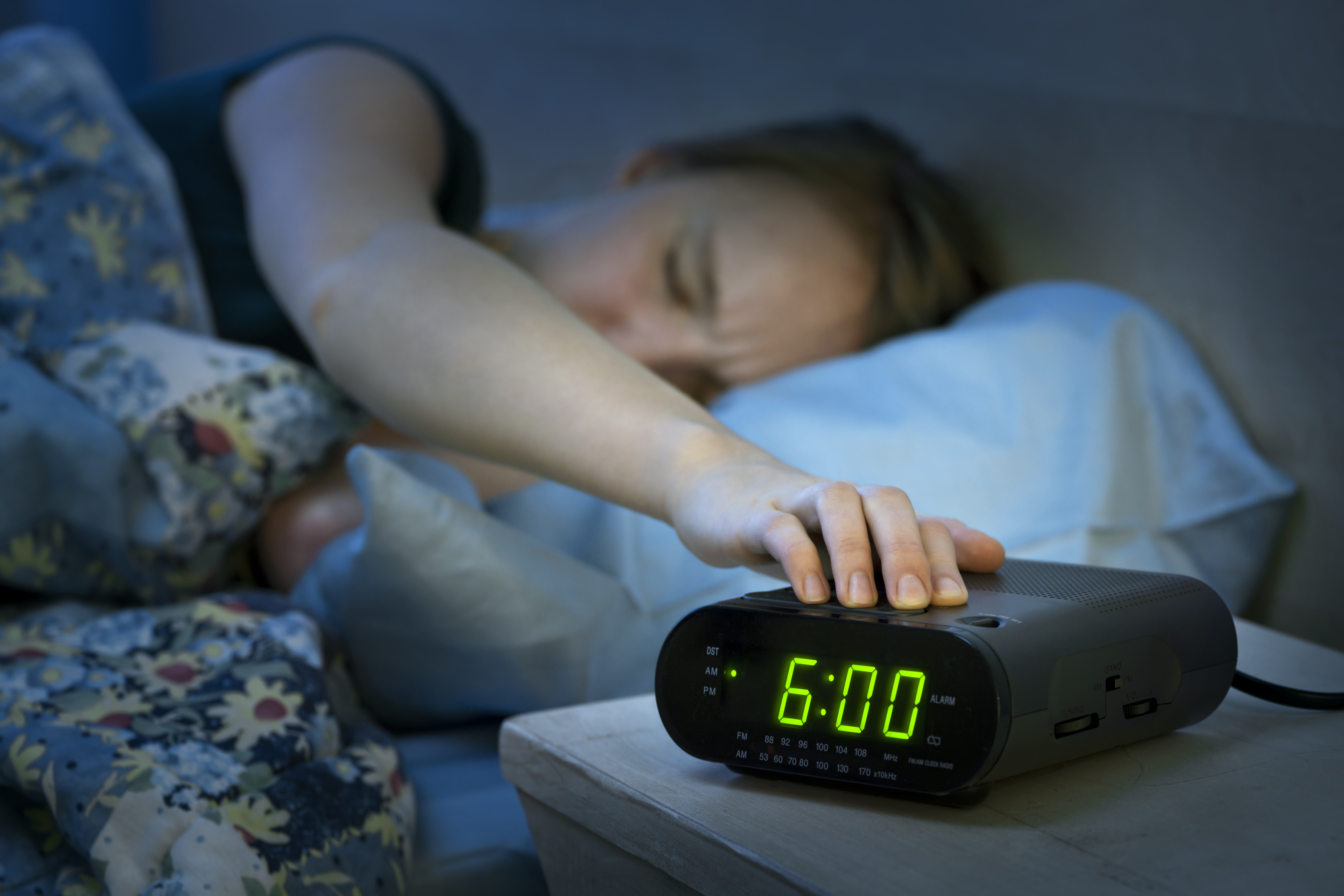If you’re an avid lover of carb-rich foods, then you’ll know all too well the drop in energy that comes after eating your way through a box of cereal or a loaf of bread. But is this drop in energy linked to a certain type of carbs, or simply the amount of food consumed?
In this article, we’ll let you in on all the details about the correlation of carbs and sleepiness. Please note that we are not doctors and are not prescribing a specific nutritional lifestyle. If you have any questions about the information found in this article, it’s important to seek advice from a medical professional about your specific and unique dietary needs.
What Are Carbs?
So, what exactly are carbs? Carbohydrates are more commonly known as carbs, and are simply sugar molecules. Carbs are one of the three main nutrients that can be found in food, along with protein and fat. Your body breaks down carbohydrates into glucose, which your body uses for energy to fuel your tissues, organs, and cells.
Unrefined vs Refined Carbs
Unrefined carbs, also known as whole carbs, have not been processed much and still contain their natural fibers, minerals, and vitamins. An example would be vegetables, fruit, beans, and grains.
On the other hand, refined carbs have been processed and changed, and in the process lose a lot of their natural fiber and nutrients. Things like pasta, cereals, pizza dough, and pastries are all considered to be refined carbohydrates.
Simple vs Complex Carbs
Simple and complex carbs describe the same forms of carbs as refined and unrefined. Complex carbs are found in vegetables, fruit, beans, and grains, while simple carbs describe the starches found in cereals, pasta, and pastries.

Where Do Carbs Come From?
Whether simple or complex, carbs are found in so many of the foods we eat.
Foods High in Carbohydrates
- Doughnuts
- Canned fruit
- Sodas
- Processed cereals
- Potato chips
- French fries
- White bread
- White pasta
- Cookies
Foods Low in Carbohydrates
- Meat
- Fish
- Butter
- Eggs
- Oils
- Cheese
- Avocado
- Coconut
How Do Carbs Affect the Body?
Many studies have been done to measure how nutrition impacts sleep. Carbs with a high glycemic index can make you feel sleepy by raising your blood sugar, especially if they are eaten within four hours of your usual bedtime. They do this by boosting two main chemicals involved in sleep, spiking both your tryptophan and serotonin levels.
Carbs are also known to confuse your sleep cycle by delaying the release of melatonin which causes you to fall into a deep sleep. When melatonin levels decrease, it causes you to wake up. After a carb-rich meal, melatonin increases later into the night, which means it decreases later into the morning, causing you to sleep later, or to feel lethargic well into the morning.
Apart from affecting your sleeping patterns short-term, there can also be long-term effects from a high-carb diet. People that consume carbohydrates as 60%+ of their daily diets are known to have increased cholesterol levels. Studies have shown that increased cholesterol leads to sleep apnea which affects the quality and quantity of your sleep.
Do Carbs Make You Tired or Give You Energy?
The confusing thing about carbohydrates is that their main purpose is to give you energy, so why are they making you tired?
When Do Carbs Make You Tired?
When carbs are ingested, they are absorbed and converted into glucose which gives us energy. But because they are absorbed so quickly, particularly if they are simple carbs, blood sugar levels fall just as quickly as they spiked, leading to feelings of energy depletion or fatigue.
If you are eating complex carbs, then the reason for feelings of fatigue after ingesting carbs could be slightly different. These are a couple of reasons that carbs could be making you tired.
Eating Too Many Carbs
Eating too many carbs can cause large spikes in blood sugar, and then large drops which lead to fatigue. Ingesting a large number of carbs at once will also lead to increases in tryptophan and serotonin, which are chemicals that make you sleepy.
Insulin Resistance
Having a resistance to insulin causes your blood sugar levels to spike after eating carbs, but they don’t return to normal levels, instead remaining high for hours. Over a long period of time, your insulin-producing cells become worn out, causing insulin production to come to a halt, which leads to tiredness and fatigue.
Sleep Deprivation
Studies have shown that eating a high glycemic index meal four hours before bed can delay the onset of quality sleep by 48%, which over time, can lead to sleep deprivation.

When Do Carbs Give You Energy?
When you eat carbs, your body will break them down into simple sugars which are then absorbed by your bloodstream. Your sugar levels will then rise, causing your pancreas to release a hormone called insulin.
Insulin moves the sugars from your blood and into your cells, allowing them to be used as energy. When we eat low-glycemic index carbs, our energy levels will rise within 15 to 30 minutes after eating and energy will continue to be released for a longer time than when ingesting high-glycemic index carbs.
Should You Eat Carbs Before Bed?
Should you be eating carbs before bed at all and how long before bed should you stop eating? The answer to this is more complex than it seems because it depends on the types of carbs being consumed.
If you are eating complex carbs before bedtime, it can actually help you to have a more restful sleep as your blood sugar levels will be kept stable throughout the night. This is especially true if you eat complex carbs along with a protein or healthy fat, which slows the absorption of the complex carbs.
Eating simple carbs before bed will spike blood sugar levels and boost tryptophan and serotonin, making you feel more tired more quickly. But it will delay the release of melatonin, which means you will likely feel tired and sluggish in the morning.
If you are going to eat before bed, eating complex carbs along with protein or fat is the best idea. Medical professionals recommend that you eat about three hours before going to bed for optimal health. This will allow you to get a good night’s rest without struggling with acid reflux, indigestion, or an upset stomach.
FAQs
These are a couple of frequently asked questions about energy levels and carbs.
Does a low-carb diet make you tired?
Yes. Severely limiting your carb intake can cause your body to go into a state called ketosis. This means that your body turns fat into ketones for energy, rather than making use of glucose which it usually makes from carbs. The state of ketosis can cause symptoms like fatigue and muscle weakness.
Do too many carbs make you tired?
Eating too many carbs can make you tired. At first, you will experience elevated blood sugar, leading to a short burst of energy. However, you’ll come down as quickly as you went up, leading to a crash and feelings of exhaustion.
Can carbs give long-term energy?
If you eat complex carbs along with protein or fat, the energy you gain will last for a long time. However, if you are eating simple carbs, your energy boost will be short-lived and it will lead to a crash in energy levels.
Do you burn carbs when you sleep?
During the night your body repairs itself while sleeping. In order to do this, it uses carbs and proteins to repair muscle tissue. When your body has run out of carbs and proteins to use for energy, it will turn to fat storage.

